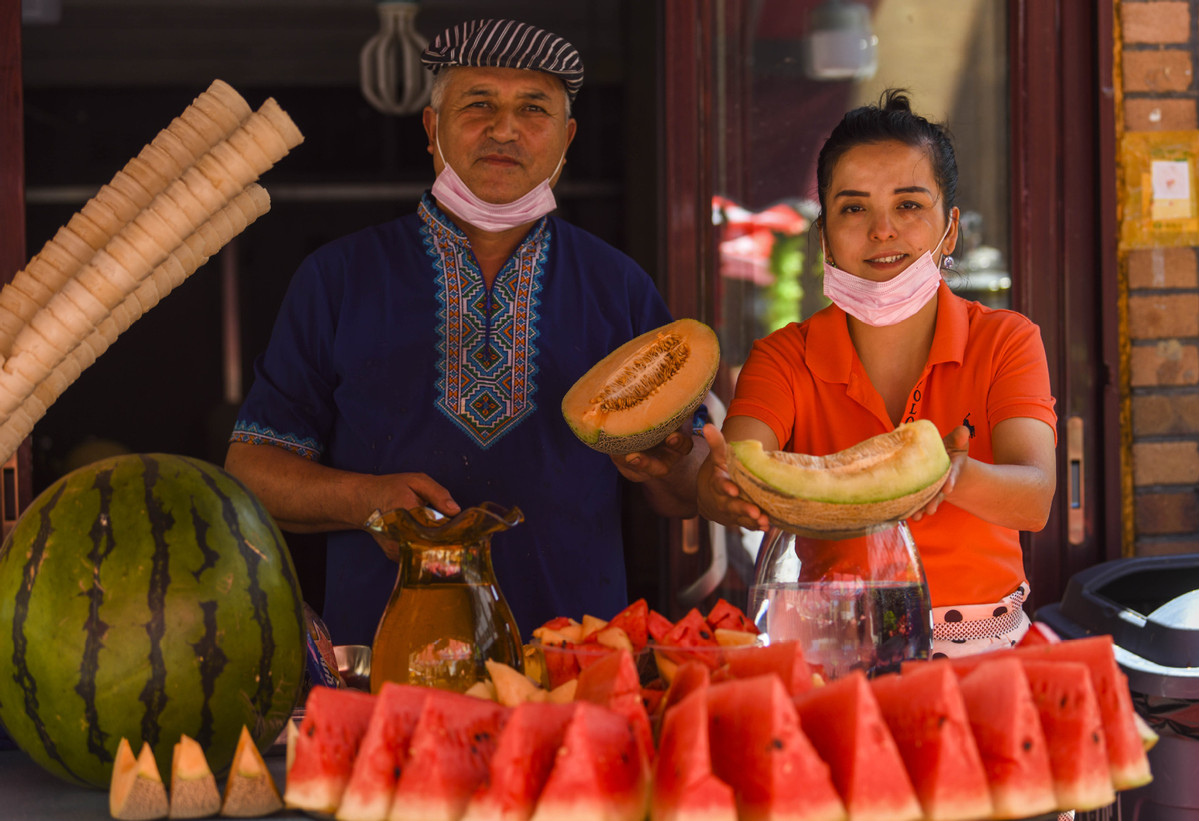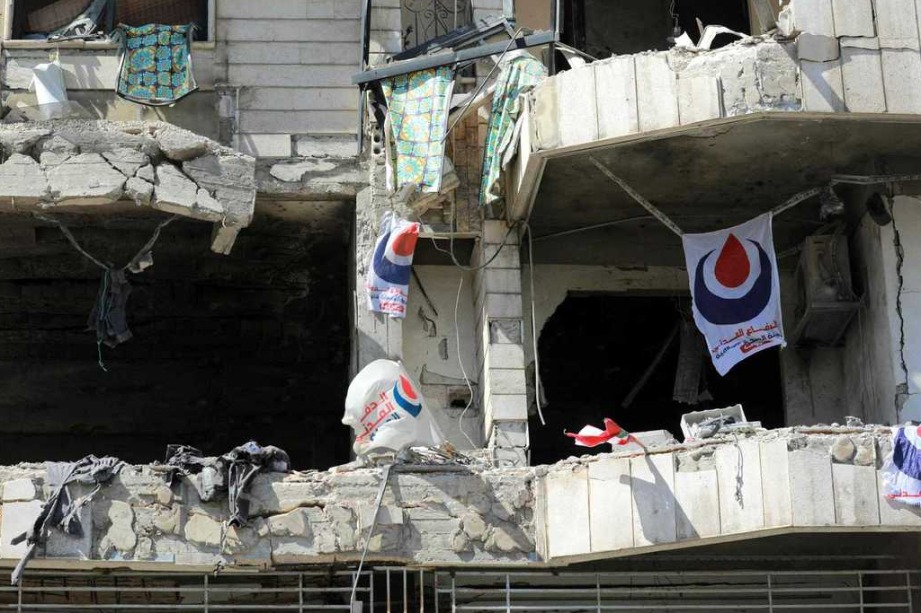Chinese officials refute accusations from British politicians


Chinese officials and scholars on Friday refuted what they described as disinformation-based accusations from British politicians, listing many facts that demonstrate so-called "human rights abuses" are sheer fabrications.
Western politicians and media outlets have recently claimed that China operates "concentration camps" in Xinjiang to commit what they said is Uyghur-targeted "genocide", "forced labor", "mass sterilization" and "separation of Uyghur children from their parents".
The United Kingdom, together with the European Union, the United States, and Canada, on Monday announced sanctions on officials in Xinjiang, triggering Beijing to launch sanctions on UK and EU officials in return.
Officials, scholars, heads of local Islamic associations and ordinary people from Xinjiang said at an online news briefing that the Western accusations lack the support of facts and, contrary to such disinformation, the well-being of the Uyghur people in the autonomous region has improved greatly in recent years.
Xinjiang once suffered seriously from ethnic separatism, violent terrorism, and religious extremism, which are believed to have been financed and instigated by forces in countries such as the US.
From the 1990s to 2016, Xinjiang suffered thousands of cases of terrorism, resulting in the deaths of many innocent people, including Uyghurs, and incalculable property losses, according to Shawkat Imin, director of the Standing Committee of the People's Congress of Xinjiang Uygur Autonomous Region.
He said that thanks to preventive counter-terrorism and de-radicalization measures, such as extensive vocational education and training, conducted in line with the law, and the principle and spirit of UN anti-terrorism resolutions, the Xinjiang people have a peaceful and secure life with no terrorist attacks happening since 2016.
He also said the Xinjiang economy has developed fast, with railways and expressways now connecting all prefectures and cities in the vast region, nearly seven times the size of the UK.
The region's GDP growth was at 3.4 percent year-on-year last year, much higher than the nation's overall growth rate of 2.3 percent.
In recent years, the region has also implemented targeted poverty alleviation programs through developing industries, promoting employment, and resident relocation from inhospitable places to win the battle against poverty, he said.
Xinjiang's achievements in eradicating absolute poverty have benefited 3.07 million rural residents, who now have access to medical insurance, compulsory education, safe housing and safe drinking water, he added.
By developing economy and alleviating poverty, Imin said, the region has eliminated the "soil for brewing terrorism and religious extremism".
Ethnic populations in Xinjiang, especially the Uyghur populace, have increased rapidly compared with the Han Chinese, said Mahemuti Abuduwaili, deputy director of the institute of history at the Xinjiang Academy of Social Sciences.
From 2010 to 2018, he said, the overall Xinjiang population, including Han, Uyghur, and other minority groups, as a whole increased by about 14 percent, while the overall population of ethnic groups increased by more than 22 percent; the number of Uyghur people, during the same period, rose by more than 25 percent.
The "genocide" and "forced sterilization" claims, therefore, are "nothing but sheer speculation and groundless rumors", he said.
Chargé d'Affaires a. i. and Minister Yang Xiaoguang at China's embassy in the UK told the virtual news briefing that China has maintained communication with the UN Office of the High Commissioner for Human Rights. He said they have discussed a possible visit by a UN delegation to Xinjiang, a process that has been interrupted by the COVID-19 pandemic.
"Basically, we welcome the UN human rights commissioner and her team to visit China, including Xinjiang, to exchange views on human rights issues and other issues of common concern," he said.
"But we do not accept the practice of presumption of guilt" and any "visit should not be based on lies and disinformation", he said.
Yang said the current issue has obviously been politicized by some Western forces, noting that the US has wreaked great havoc in many other countries, for example, by bombing Afghanistan, Iraq, Libya, and Syria, causing numerous deaths and making millions of people homeless, but without being required to allow investigation by any international missions.
There has been criticism of Western countries in light of the sanctions announced. Comments on social media platforms say they have failed to "clean up their own backyards" and that they have used human rights accusations as an excuse to meet their own ulterior objectives.
A twitter user named Phillip Kwampe said: "The EU, the US, UK are the same countries (that) … invaded, looted, colonized and killed thousands of Chinese and now they are preaching their version (of) human rights. The hypocrisy of these so-called western countries is sickening but we have not forgotten what they did!"
Another twitter user, Carol Simson, said that "all this blaming and shaming about China's Xinjiang is due to a US propaganda campaign".
A twitter user Leonew3721 said: "UN Human Rights Council should investigate war criminals (that) murdered millions of Muslims in Iraq, Libya, (and) Syria ... and Australian soldiers murdered Afghanistan children."
Xinhua contributed to this story.
































